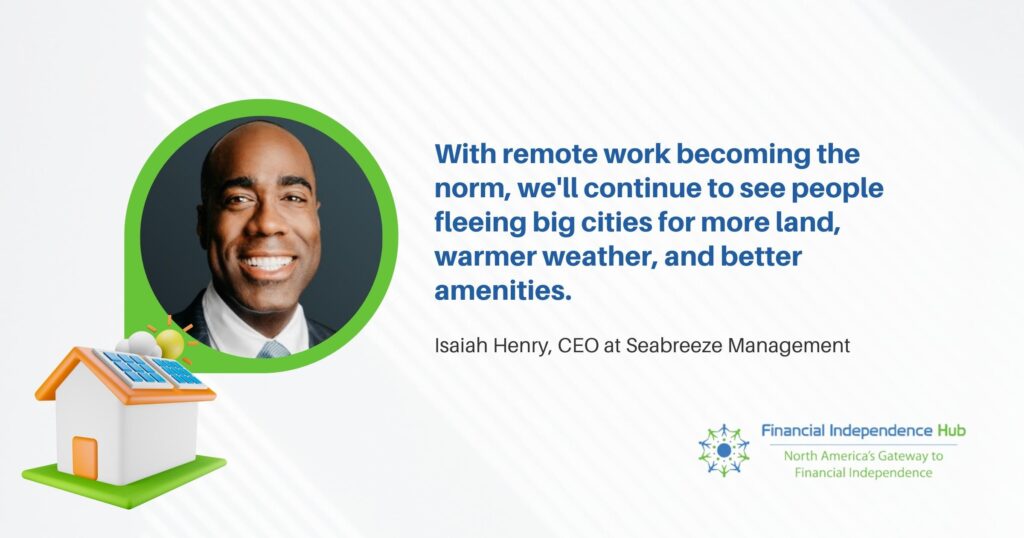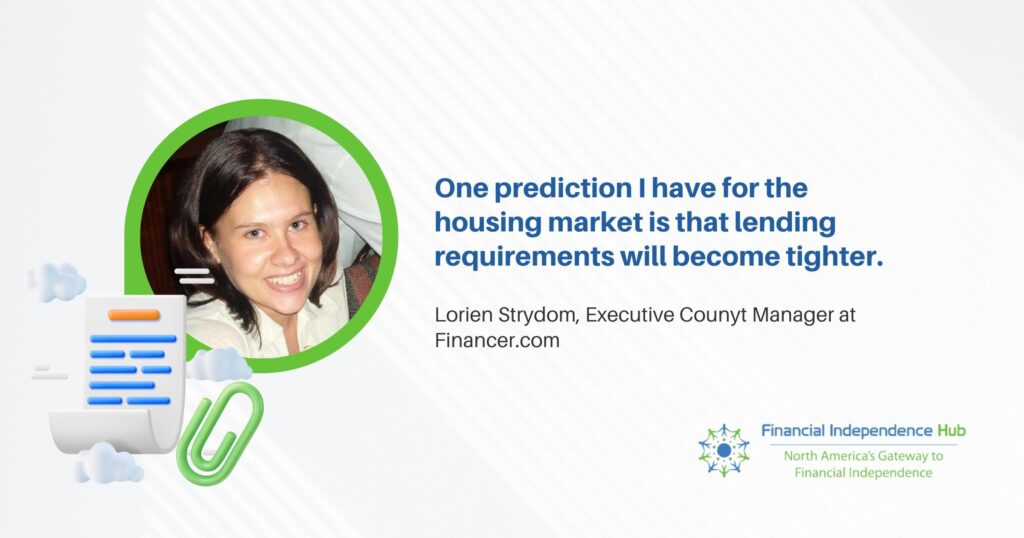By Dale Roberts, cutthecrapinvesting
Special to the Financial Independence Hub
In my latest for MoneySense, I look at the affordability battle in Canada. Home prices are falling at the fastest clip in the last 20 years. But borrowing costs are also increasing. Mostly, it’s a wash. Even from the bubble peak in February of 2022 to July 2022, things have not improved for homeowner wannabes. Real estate is the most interesting and ‘exciting’ sector in 2022. Have a read of the real estate affordability battle in Canada.
Higher rates take on falling home prices on MoneySense.

In this post I will offer up a few of the important charts, but check out that MoneySense post for the wider perspective.
Average home prices down 22% in July
Home prices are falling fast. After a strong COVID-inspired real estate run, prices are now in a free fall. After peaking at $816,720 in February 2022, the national average house price fell 18.5% to $665,850 in June. The average price fell again in July, settling at $629,971—nearly 22.9% below the peak.
The average national home price in August increased to $637,673.

The national average price is heavily influenced by sales in Greater Vancouver and the GTA, two of Canada’s most active and expensive housing markets. Excluding these two markets from the calculation cuts $114,800 from the national average price.
Real estate ridiculousness
And here’s some longer term history using average Toronto home prices as an example. It was a crazy run.
- Average Toronto home price in 2000: $243,255
- Average Toronto home price in 2010: $431,262
- Average Toronto home price in 2021: $1,095,336
Rates are going up, up, up
In that battle against runaway inflation, central bankers are raising rates. Borrowing costs mostly follow suit. Here’s the path in Canada for fixed and variable rates mortgages.

And of course, on Wednesday September 7, the Bank of Canada increased rates another 75 bps, or 0.75%. Variable is getting more expensive.
- A 5-year fixed will now run you about 5.04%.
- A 5-year variable will increase to about 4.90%.
The B0C offers that they’re not done yet. There are more rate hikes to come.
Given the outlook for inflation, the Governing Council still judges that the policy interest rate will need to rise further. Quantitative tightening is complementing increases in the policy rate. As the effects of tighter monetary policy work through the economy, we will be assessing how much higher interest rates need to go to return inflation to target. The Governing Council remains resolute in its commitment to price stability and will continue to take action as required to achieve the 2% inflation target.
Bank of Canada
Variable rates will automatically follow Bank of Canada rate hikes. Fixed rates will follow the bond market, and the bond market will make a guess about the near and future path of rate hikes. The rate hike on September 7 was mostly already priced into the bond markets.
The money chart on affordability
In the MoneySense post you’ll find the telling table comparing costs for variable and fixed rate mortgages, for 10% and 20% down payment scenarios. Here was the working copy table. Continue Reading…








